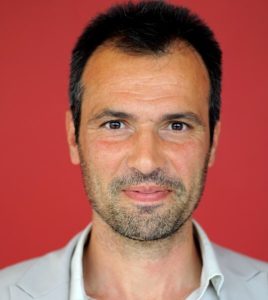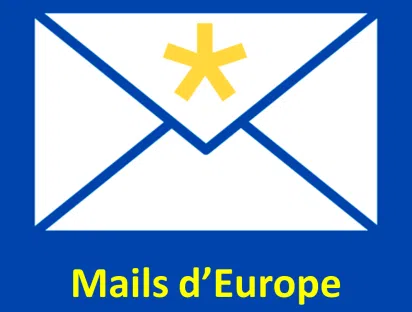A new book in French by Assen Slim explores the mesh of standardisation.
Standards and norms are at the very heart of any quality assessment procedures. Standards help lowering costs by contributing to the improvement of productivity. Their implementation in principle ensures safer and better products and services. Standards can take the form of codified rules, requirements, specifications or characteristics that ensure the employability of materials, products, processes, services and even people. They pursue multiple objectives and it is therefore no surprise that they proliferate: voluntary standards, regulations, mandatory standards conferring a presumption of conformity, indicative standards, standards that are experimental, being tested, of fully approved.
Standards and norms, intended to make measurement of quality and performance clearer and easier, paradoxically form a huge labyrinth, in which only experts find their way. Experts like the companies that are responsible for their application in the first place. This leads to a situation of dependence on the experts, which is not without posing a real ethical problem. In theory, this is resolved by the fact that experts themselves follow specific rules and standards of ethical compliance. The Norms ISO/CEI 170xx, for instance, make it impossible for the experts to be involved in the design, manufacture, supply, installation, acquisition, possession, use or maintenance of the goods / systems / structures inspected. This being said, the borders are not always clear.
In his new book, published in the renowned ‘idées reçues’ series, Assen Slim analyses the activities and structures of the companies that are charged with conformity assessment. In doing so, he also explores the foundations of a new and different relationship between regulation and standardisation, drawing the outlines of the notion of ‘simplification’ as practiced in France by the ‘Council of Simplification’.
‘Contrôler mieux pour un monde plus sûr’ is published by Le Cavalier Bleu (Paris), in the series ‘Idées reçues grand angle’. 166 p., 15 €.
French summary is available here.





